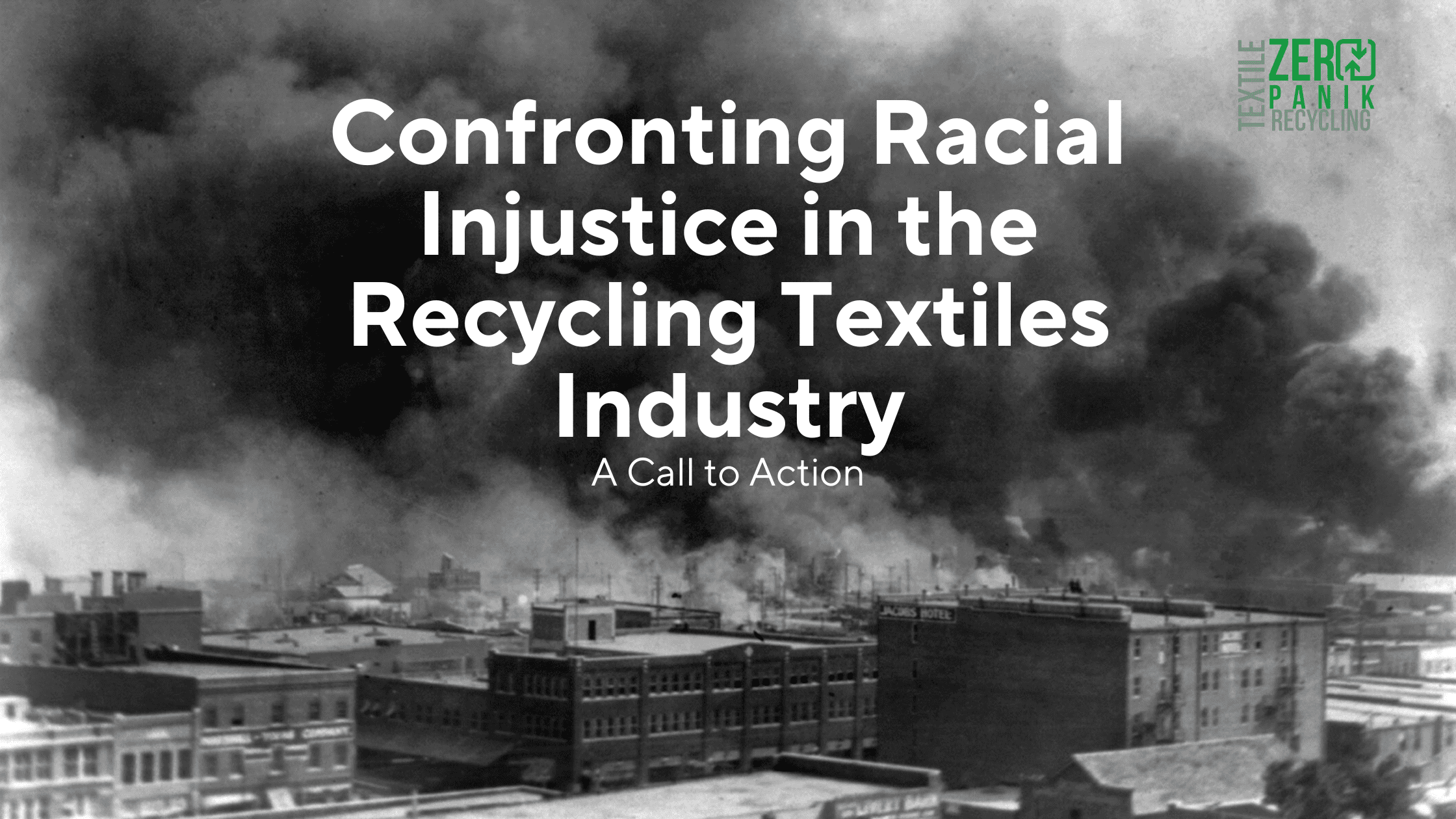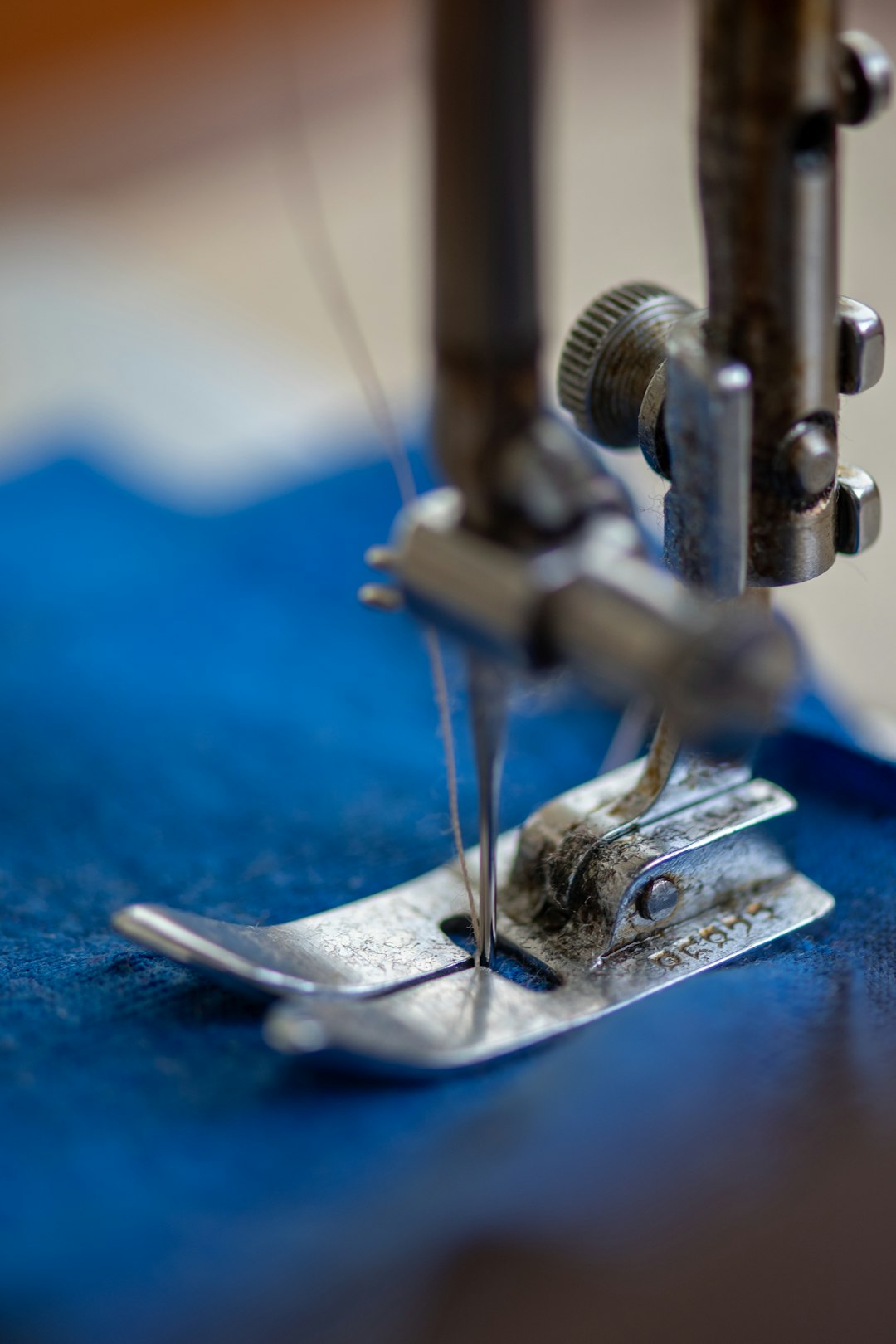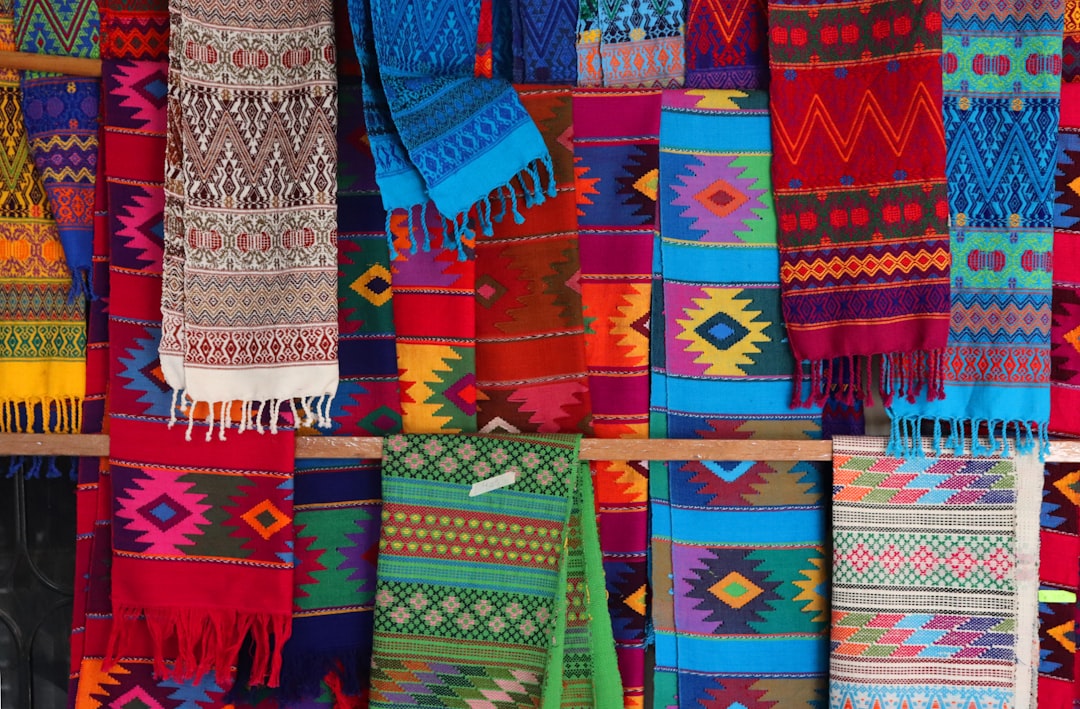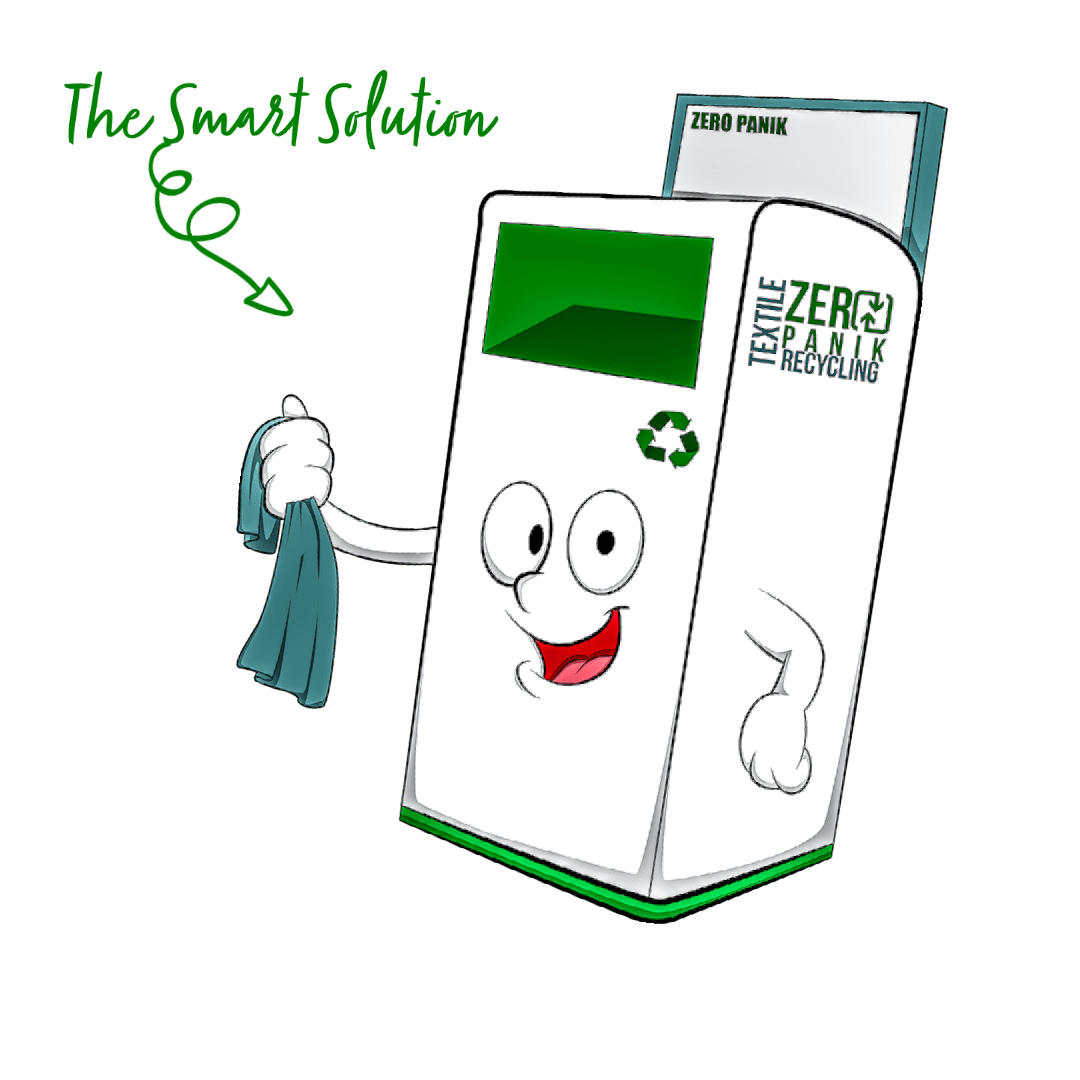
Recycling textile waste is crucial for environmental justice
The recycling textile industry is a crucial part of the circular economy and reducing textile waste. However, the industry is fraught with environmental and social injustices.
The majority of the world’s recycled textiles come from developing countries, where workers are paid low wages and work in dangerous conditions. In China, the country with the world’s largest textile recycling industry, workers are often exposed to toxic chemicals and harmful dust.
What’s more, the recycling textile industry is fueled by a global network of criminal organizations that engage in illegal dumping and trafficking. This dumping not only harms the environment but also creates health and safety hazards for workers and communities near the dumpsites.
The good news is that there are ways to fight against these injustices. By supporting ethical and sustainable brands, we can help create a more just and sustainable recycling textile industry.
The recycling textile industry is fraught with inequality and racism
It is not only the environmental and social injustices that must be addressed in the recycling textile industry. Throughout the supply chain of the industry, racial inequality and racism still run rampant.
Awareness about the situation is growing, but widespread change has failed to materialize. The Global Recycling Foundation recently conducted research into inequality and racism in the textile industry, and their results were telling.
Within three months of surveying 375 workers and employers in the industry, they learned that 86% of female employees felt they were underpaid compared to their male counterparts, while 50% felt they were treated unfairly due to their race.
These findings demonstrate the severity of the situation and the need for a proactive approach to countering racism and inequality in the industry. To realize real change, organizations and businesses must commit to taking meaningful and sustainable action. This includes developing ethical sourcing policies, creating and enforcing anti-discrimination rules, and offering equal and competitive wages for all employees. This is a call to action for everyone involved in the industry to work together to end racial injustice and inequality.
We can no longer ignore the problem
It is no longer acceptable for individuals, companies, governments, and other industry players to ignore the issue of racial injustice and inequality. We cannot ignore that 86% of women are underpaid and that 50% of workers are being treated unfairly because of the color of their skin. We cannot ignore the devastating effects this has on communities that depend on the industry. We cannot ignore the environmental damage that has been done by over-harvesting resources.
The time has come to take a stand and stop turning a blind eye to the problem. We must recognize the need to do better and commit to taking action by redefining how the industry works.
We must create strong ethical sourcing policies and apply them universally. We must enforce laws that protect workers’ rights and ensure they receive fair and competitive wages. We must invest in sustainable practices that increase efficiency and reduce pollution. We must ensure that the voices of all workers are heard, regardless of race, gender, or socioeconomic background.
By working together, the industry can make a huge impact in its fight against racism, inequality, and environmental injustice. We must recognize our roles and responsibilities, and we must be willing to put in the work. Through collective action and engaging in meaningful dialogue, we can make a real difference. We can end racial injustice in the recycling textile industry.
It’s time for action!
We can no longer remain silent or inactive. We must take action to ensure that all workers, regardless of ethnicity or gender, enjoy the same rights and advantages as everyone else. We must come together to create meaningful and lasting change in the industry.
Several actions must be taken to confront racial injustice in the recycling textiles industry. Here are some of the most steps to take:
– Develop an industry-wide policy for fair and equal pay for all workers regardless of race or gender.
– Increase the number of minority-owned businesses and provide them with access to the industry’s resources.
– Establish and enforce ethical and sustainable practices in the industry
– Increase transparency by providing access to industry data on pay and workforce composition
– Promote diversity and inclusion initiatives in the industry
– Create opportunities for industry-wide dialogues, workshops, and networking events
– Support local initiatives and organizations in marginalized communities
These are just some of the steps that can be taken to fight against racial injustice in the recycling textiles industry. We must all come together to collaborate, build awareness, and take action. We can make sure that everyone, regardless of race, gender, or socioeconomic status, is treated with respect and receives fair pay.

What you can do to support the cause
The fight against racial injustice in the recycling textiles industry cannot be won alone. It requires a collective effort, dedication to mutual understanding, and commitment to creating change. Here are a few things that individuals can do to support the cause:
– Spread awareness about the issue by talking about it with family and friends and on social media.
– Make an effort to be a conscious consumer. Support recycling textiles businesses that focus on diversity and inclusion.
– If possible, donate to organizations or initiatives working to fight against racial injustice in the recycling textiles industry.
– Volunteer your time to participate in local initiatives or events.
– Sign petitions or send emails to representatives in your area asking for regulatory change.
– Use your influence on social media to spread the word and educate others on the cause.
Now is the time for action. We cannot remain passive and hope that the problem will be solved. We must all do our part in spreading awareness and creating tangible change. We must not stop until we see lasting and meaningful progress.

Together, we can make a difference
The challenge of confronting racism in the recycling textiles industry calls for a coordinated effort. People need to work together, regardless of their differences, to create a more equitable and just future.
We must identify our shared values and find ways to move forward together. We must use our voices to support measures that will create meaningful and lasting change.
We must come together and use our collective power to hold companies and governments accountable for their actions. We must ensure that the recycling textiles industry is reformed to benefit everyone and uphold the dignity of all workers.
We must join forces and lead the way for meaningful long-term change. Only through collective action can we make a real and lasting difference. Now is the time to act and make sure everyone is heard. Together, we can push for reform and fight against racism in the recycling textiles industry.
